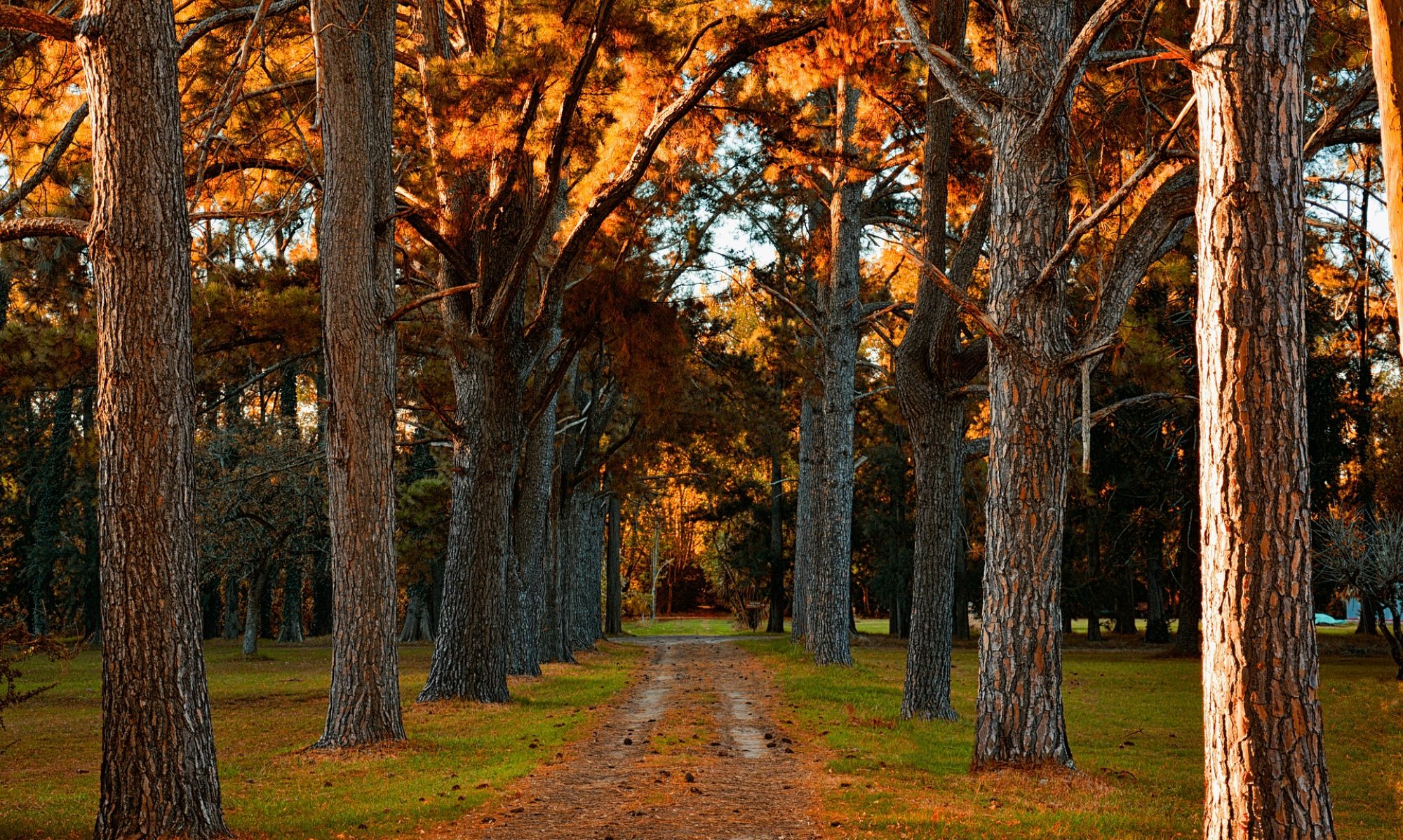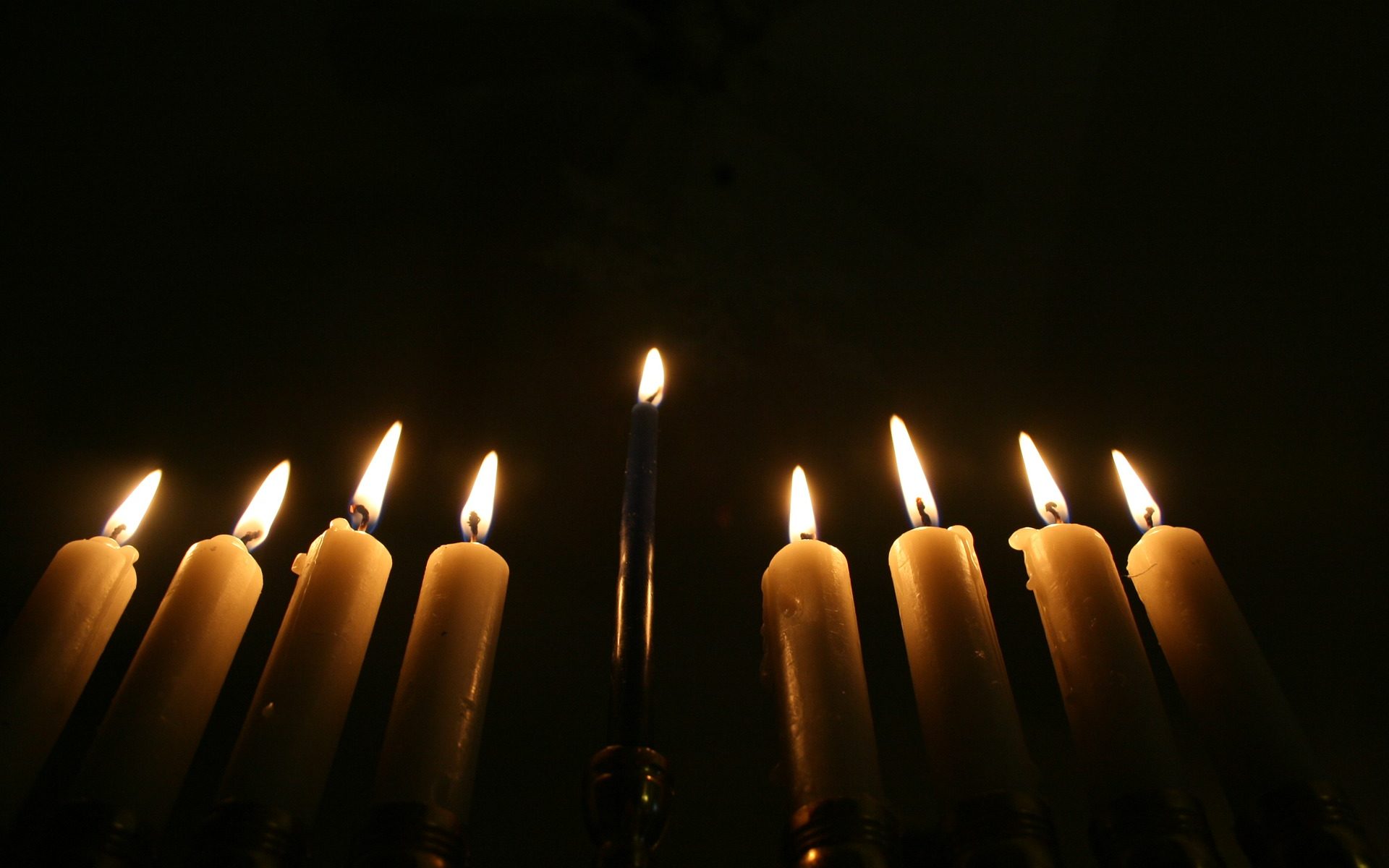As the nights darken and grow longer and colder, I notice myself growing a bit more introspective. The New Year is soon approaching, and it is a natural period of contemplation and looking back and ahead. This is the time of Chanukah. This is a time of reflection, embracing the dark and light, and a period of rededication. But a rededication to what?
What is Chanukah?
The story of Chanukah is well known, so why this post asking, “What is Chanukah?” And why ask about the “real” Chanukah?
Chanukah is a Jewish holiday established by the Rabbis long after the events described in the Hebrew Bible. The eight day holiday of Chanukah commemorates the victory of an undersized army of Judean rebels called the Maccabees against the Seleucid empire of Syria, who had just lost a battle with the Ptolemaic Kingdom in Egypt and mourned their loss by sacking and looting Jerusalem and the Holy Temple on their return home (c. 167 BCE). But there is more to the story.
As the legend goes, once the Maccabees miraculously expelled the Seleucids and captured Jerusalem, they restored the Temple and rededicated it to God. Alas, there was enough oil to light the Temple’s menorah for only one day, though it lasted eight full days. Yet, there is more to the story.
This holiday is rich in tradition and ritual – including lighting candles on a special menorah for the holiday called a Chanukiah, the giving of gifts, spinning a dreidel, and eating doughnuts and other oily foods. Still, there is more to the story.
Jewish Renewal
Rabbi Michael Lerner is a psychotherapist, political activist, and rabbi in the Jewish Renewal tradition founded by Reb Zalman Schachter Shalomi, the same broad tradition in which I am studying toward becoming a rabbi. Lerner received private rabbinic ordination directly from Reb Zalman and speaks of Jewish Renewal this way:
Jewish Renewal is the process, repeated throughout Jewish history, in which Judaism is “changed” back to its origin as the practice of healing, repair, and transformation. (Lerner, 1994, p. xvii)
Rabbi Lerner’s book, Jewish Renewal: A Path to Healing and Transformation, came out around the same time that I started practicing Zen meditation. It had a tremendous influence on my emerging spirituality and psycho-spiritual approach to meaning making.
While I don’t agree with all of Michael Lerner’s ideas – and do not generally resonate with the path and archetype of a political activist – this book heavily influenced not only my spirituality but also my undergraduate and graduate studies in psychology. Lerner’s work allowed me the freedom and encouragement to write my dissertation on the intergenerational transmission of trauma as a psychoanalytical study of Abraham and Sarah from the Bible.
What I have gained from Jewish Renewal, Reb Zalman, Rabbi Lerner, my work, and the practice of meditation is that we must each find our light and dharma and dedicate our life to something, something greater, something personal and meaningful, something of radical service to others.
Through this dedication, we renew this life; through renewing just this very life, we renew our spirituality and relationship with the Divine. Jewish Renewal is as much a transdenomenational movement as it is returning to the breath in meditation, the light of wisdom and compassion, one breath at a time, over and over and yet over again.
Everyone’s Light
The other day, I was listening to a dharma talk from the Nebraska Zen Center given by one of their teachers, Tetsugan Zummach Osho. She wasn’t speaking about Chanukah at all, though one thing she said in particular really spoke to me this Chanukah season, “It occurred to me that we’re afraid of the darkness, our darkness, but we’re afraid of our light, too.” What a perfect Chanukah message!
Testugan Osho’s talk reminds me of a koan in a collection compiled by Eihei Dogen Zenji called the Mana Shobogenzo. It is called Yunmen’s “Everyone’s Light.”
Yunmen said to the assembly, “All people are in the midst of illumination. When you look at it, you don’t see it; everything seems dark and dim. How is it being in the midst of illumination?” No one in the assembly responded. Yunmen answered for them, “Monastics’ hall, Buddha hall, kitchen, monastery gate.” He also said, “A good thing does not compare with no thing.” (Eihei Dogen’s Maha Shobogenzo, Case 81; translated by John Daido Loori Roshi)
John Daido Loori Roshi comments on this koan:
The pure light encompasses the whole universe, existing right here now. Why is it then that you cannot see it? Being in the midst of illumination means the light is not shining on anything, nor do things exist for the light to shine upon. The light contains everyone, as everyone contains the light. See! There are no shadows to be found anywhere. (Loori, 2009, p. 108)
Please! Do not fear your darkness, and do not fear your light. This light burns fierce for one night, eight nights, and for all eternity. What is it that illuminates the entire universe for all eternity but can never be described or even spoken of?
The Eternal Light
Shortly after the Israelites – the children, grandchildren, and descendants of Abraham and Sarah – escaped servitude in Egypt through the narrow strait of the dark and desert wilderness, God asked the Israelites to establish and tend to an eternal flame in the sanctuary and meeting place with the Divine (Exodus 27:20-21). This was not only to help guide the Israelites’ path to the Promised Land, but to remind them of who and what they already are.
It is important to remember that we are all Israelites – wrestlers with the Divine. At times, we all need reminders to establish sanctuary, tend to the eternal light – the Ner Tamid, and care for it in our midst, in our very life, wherever we meet with that which is Divine. As God wrestlers, we tend to, care for, and bear witness to the light that never extinguishes.
“When you look at it, you don’t see it; everything seems dark and dim. How is it being in the midst of illumination?”
The prophet Isaiah calls out to us:
Woe to those who call evil good, and good evil; who substitute darkness for light and light for darkness; who substitute bitter for sweet and sweet for bitter! (Isaiah 5:20; NASB).
Shitou Xiqian, the 8th century Chinese Zen ancestor, also calls out to us:
Within light there is darkness, but do not try to understand that darkness; within darkness there is light, but do not look for that light. Light and darkness are a pair, like the foot before and the foot behind in walking. Each thing has its own intrinsic value and is related to everything else in function and position. (The Identity of Relative and Absolute; translated by Sanbo Zen)
Isaiah admonishes us not to substitute darkness for light and light for darkness; yet, Shitou Xiqian teaches that within light there is darkness, and within darkness there is light. Which one is correct? Which one is incorrect? There is no one truth; yet, there is only one truth, as there are many truths.
What can be more Jewish! There is always more than meets the eye. Life is suffused with depths and layers of meaning. When something is concealed, it is often apparent. When something is clear, it is often obscured. Isaiah, Shitou Xiqian, and even Sigmund Freud all teach this important lesson!
A New Sanctuary
As the nights grow longer and colder, please allow yourself the time and space for reflection. With each breath, we renew our life and rededicate our self to that which is most important. With each inhalation and exhalation, we clear the debris, restore the Temple, and build the sanctuary anew. Beginning this Chanukah, prepare your very life to be a sanctuary.
When we light the Chanukah candles, we remember to tend to the light and tend to the dark. Even the darkest, coldest nights lead to daylight. As we celebrate the Chanukah miracle, we celebrate the miraculous. What are the miracles in your life?
The light of Chanukah is beyond the self, beyond religion, beyond the political, and beyond even vast empires throughout all time. During this winter and Chanukah holiday, please light a candle for all to see this light. Just this very light!
Happy Chanukah everyone!! And enjoy a yummy doughnut or two!!
As always, if you are interested in learning more about Jewish Mindfulness Meditation or how to create a more meaningful spiritual path for you and your loved ones, please make sure to sign up and click the “Stay Connected Now!” button below!
Adam Fogel
www.mindfuljudaism.com

